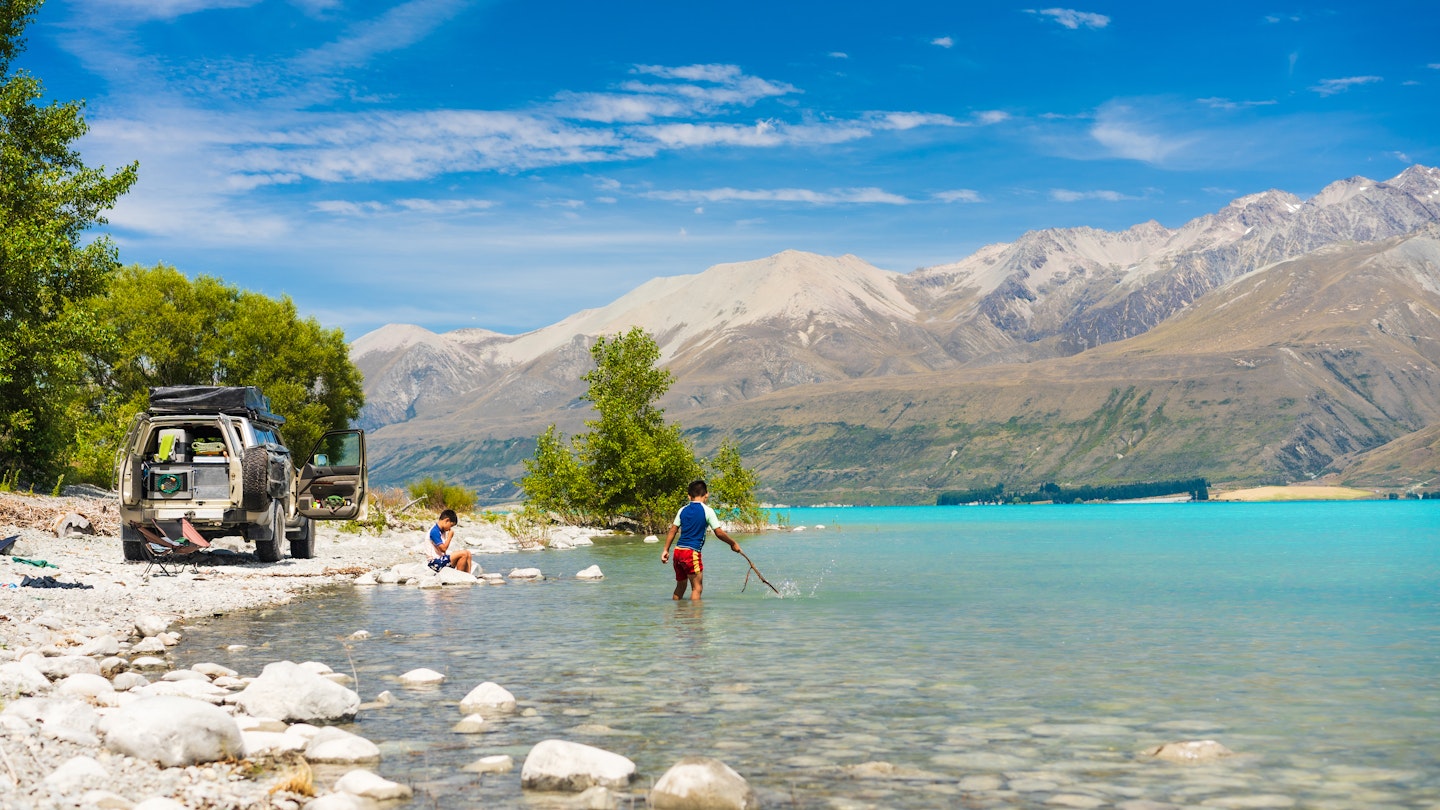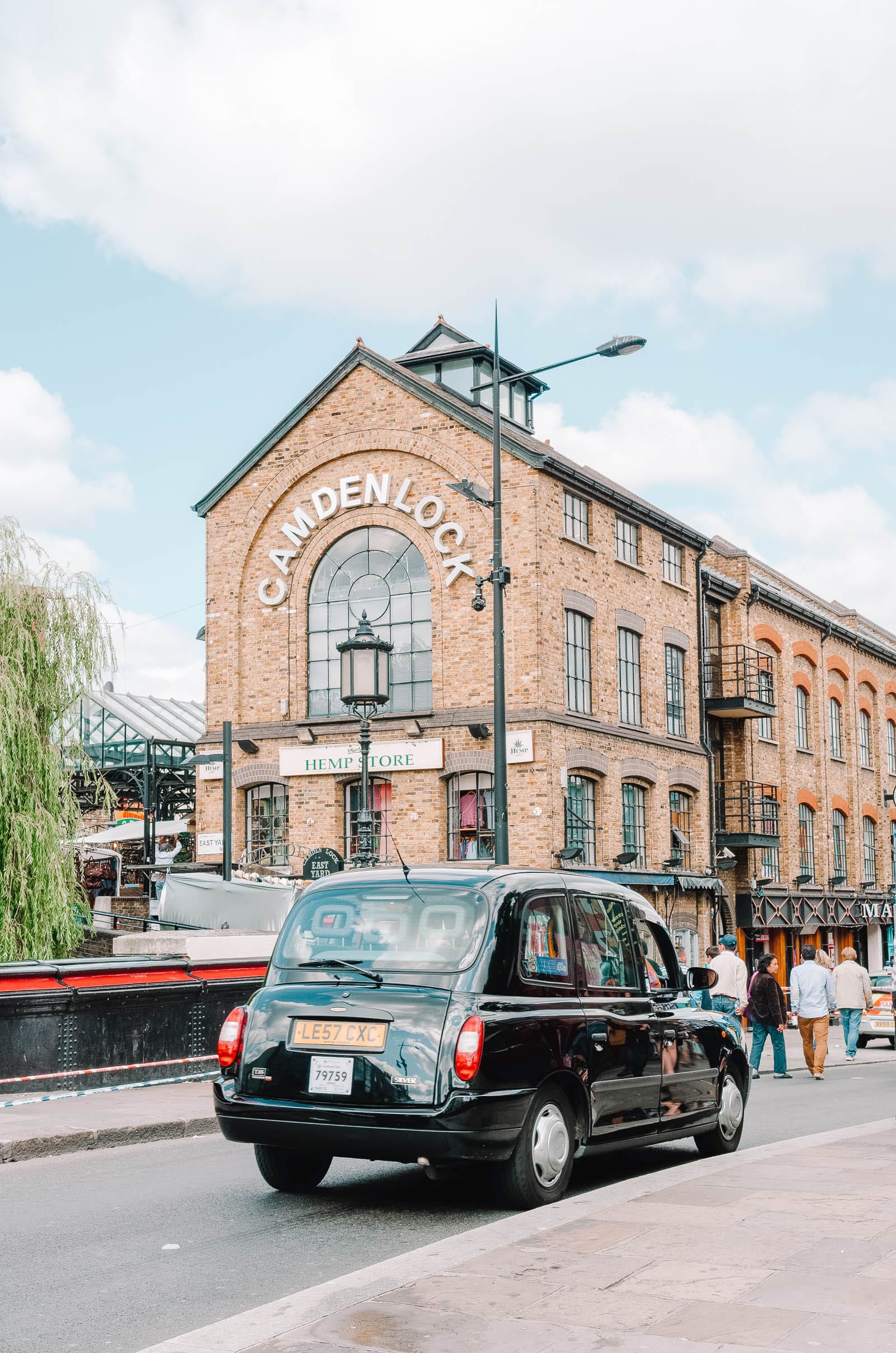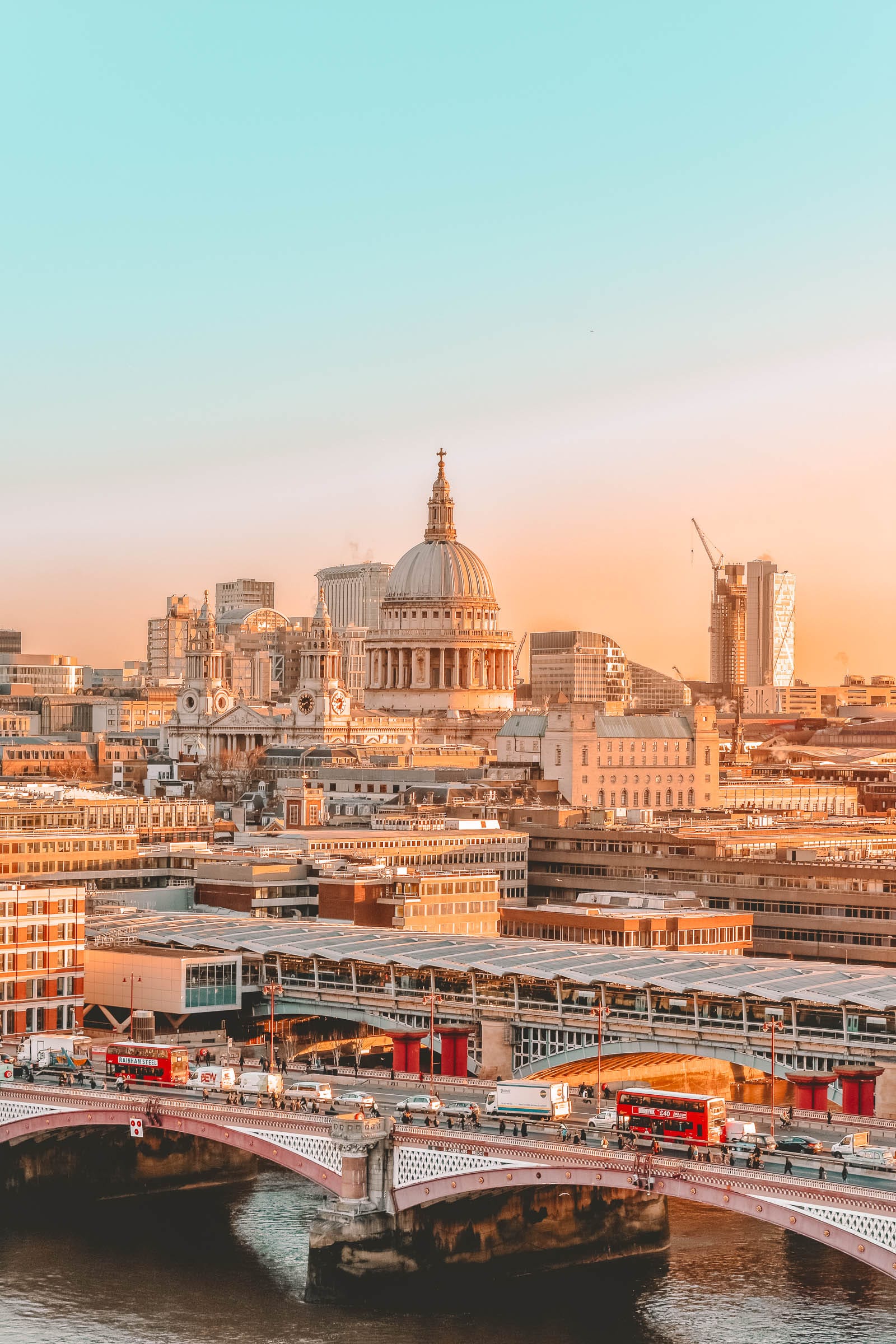Summary of New Zealand’s Freedom Camping Law Changes

Regardless of the terminology, whether it be dispersed camping, wild camping, or boondocking, the experience remains favorable.
In New Zealand, where this practice is termed “freedom camping,” there are over 500 no-cost sites available. These range from parking lots situated behind commercial centers to scenic waterfront areas, where the soothing sounds of waves can lull one to rest.
This economical approach to exploring both the North and South Island has surged in popularity, with a growing number of travelers opting for van or motorhome excursions to take advantage of this system.
However, on December 7, 2023, changes to New Zealand’s freedom camping regulations were implemented due to environmental considerations. Consequently, the requirements to be certified as self-contained—a necessary permit for freedom camping in most areas—have become more stringent, mandating that vehicles possess a permanently installed toilet. Portable toilets will no longer be allowed, implying that for many, freedom camping in a van or rooftop tent may soon become unfeasible.
Fortunately, these adjustments are being implemented gradually. Thus, if you are intending to rent or buy a van or motorhome for your travels in New Zealand, it is crucial to understand how these new regulations may influence your plans.

What are the changes to New Zealand’s freedom camping laws?
In order to utilize recognized freedom camping sites, travelers cannot simply arrive in any vehicle. In most regions, freedom camping is only sanctioned in vehicles that possess a certification as “self-contained.”
According to the New Zealand Motor Caravan Association (NZMCA), a self-contained vehicle must be able to “meet the personal and sanitary needs of its occupants for a minimum of three days, without reliance on external services or the need to discharge waste.”
This may sound complex; however, until recently, it was relatively straightforward to have one’s vehicle certified as self-contained with the minimum requirements: a portable toilet, a substantial reservoir of fresh water, and a secured container for greywater. Certified vehicles received a blue warrant or permit along with a display sticker.
However, as of December 7, 2023, only vehicles equipped with fixed toilets will be eligible for self-contained certification. Portable toilets will no longer qualify. Additionally, the standards for water and ventilation systems are now more rigorously applied. Vehicles that pass inspection will be granted a green warrant or sticker to indicate self-containment.
Another significant update involves penalties for non-compliance; those found contravening freedom camping regulations may now incur fines up to NZ$2400.

What does the change mean for tourists traveling by van or motorhome in New Zealand?
This new regulation is unlikely to impact those utilizing motorhomes, but travelers who intended to explore New Zealand on a budget via campervans may find freedom camping no longer feasible.
This adjustment, however, is not immediate. If your travel plans include visiting New Zealand before June 2025, you may not face these new stipulations. Here’s what you should anticipate:
If you planned on renting a van or motorhome to freedom camp
As of December 7, 2024, all rental vehicles certified as self-contained must feature a fixed or plumbed-in toilet along with a green warrant. Following this date, only vehicles equipped with fixed toilets and green warrants will be authorized for freedom camping unless stated otherwise by local council regulations. Consequently, those traveling by van will need to account for the costs of established campsites and holiday parks in their travel planning.
Nevertheless, if your intentions include freedom camping prior to December 7, 2024, you may still rent a vehicle with a blue warrant and a portable toilet.
If you were planning on purchasing a van for freedom camping in New Zealand
From June 7, 2025, onward, all privately owned vehicles must display a green warrant to be certified as self-contained.
Until that time, it remains viable to acquire a vehicle with a blue warrant for the purposes of freedom camping. Just ensure it is already self-contained, and the certification is valid for the duration of your stay in New Zealand.
Blue warrants remain valid until their expiration date or June 7, 2025, whichever is sooner.
A word of caution: Beware of fraudulent certification stickers and request to see documentation
Shortly, the Ministry of Business, Innovation & Employment in New Zealand will establish a registry that enables verification of a vehicle’s self-contained status under the updated requirements.
In the interim, the NZMCA can assist in confirming whether a vehicle is self-contained.

Where can you camp for free in New Zealand?
Freedom camping is prevalent across Aotearoa (the Māori name for New Zealand). Despite the modifications to the laws, there is no need for concern; freedom camping remains viable in certain areas, even for those without a self-contained vehicle.
While the national government drives this new legislation, freedom camping is predominantly overseen by local governments and the Department of Conservation (DOC). These authorities will continue to define how freedom camping is managed within their areas, resulting in varying requirements for self-containment.
Visitors will discover that regional perspectives toward freedom campers range significantly, from encouraging to restrictive.
Some councils, like Whangārei District Council, actively promote responsible freedom camping, providing access to clean public toilets, showers, free Wi-Fi, and allowing tent camping.
In contrast, others, including Queenstown Lakes District Council, have enacted strict freedom camping bylaws in response to overtourism. In these areas, it can be challenging to ascertain locations where wild camping is legally permissible, often yielding obscure maps of areas that are largely off-limits.
Your optimal approach to locating freedom campsites and understanding the associated requirements is to download a free application such as Rankers or CamperMate. Utilize the “Free Campground” filter and search within your desired area. Be sure to thoroughly read the specifications and comments; many sites function on a first-come, first-served basis with strict stipulations on the duration of stays. These platforms will also clarify whether your vehicle must be self-contained or if alternative options, such as tents or vehicles, are permitted.

Why has New Zealand changed its freedom camping laws?
Over the past decade, freedom camping in New Zealand has surged beyond sustainable levels. Reports of campers neglecting to dispose of waste properly and leaving litter have become prevalent. As overtourism becomes an increasing issue on the islands, the new regulations aim to mitigate the adverse impacts associated with dispersed camping, with legislative bodies dubbing it “a win for the environment.”
This does not imply that there has not been some resistance to the new law, as it disproportionately affects budget travelers and backpackers. Nevertheless, it does not signify the conclusion of affordable camping in the country, as long as it is approached with consideration. In addition to freedom camping, DOC and various local councils continue to provide low-cost campsites for those wishing to travel economically.
Navigating the complexities of where and how to freedom camp may appear daunting; however, the reward of resting amidst some of the most stunning landscapes in the nation far exceeds merely securing a free accommodation option for the night.




